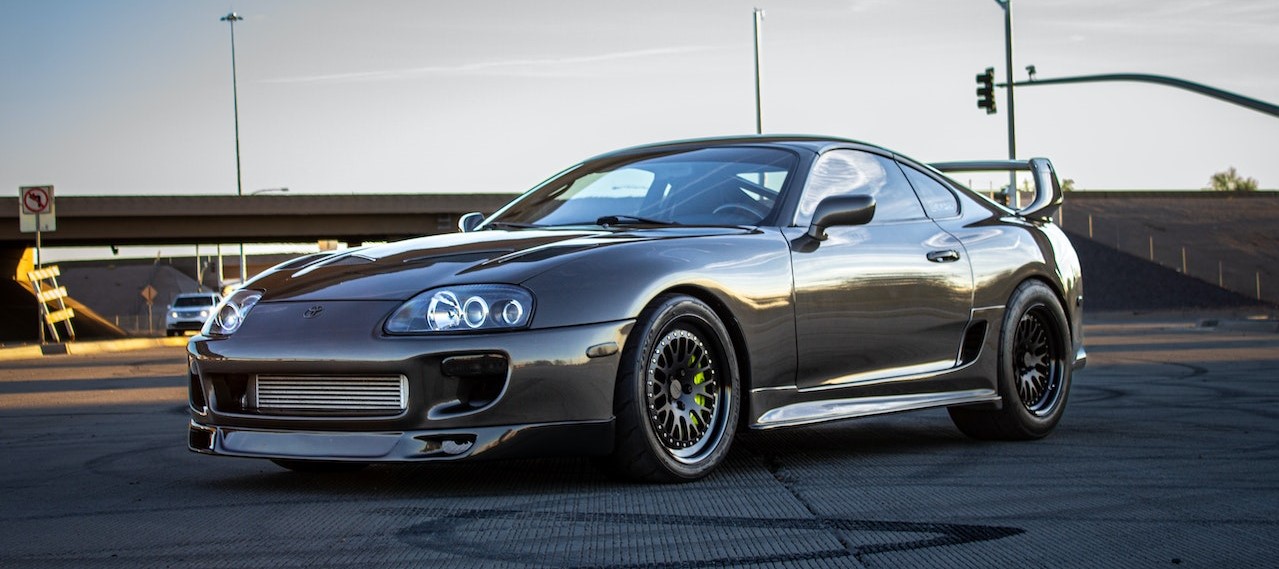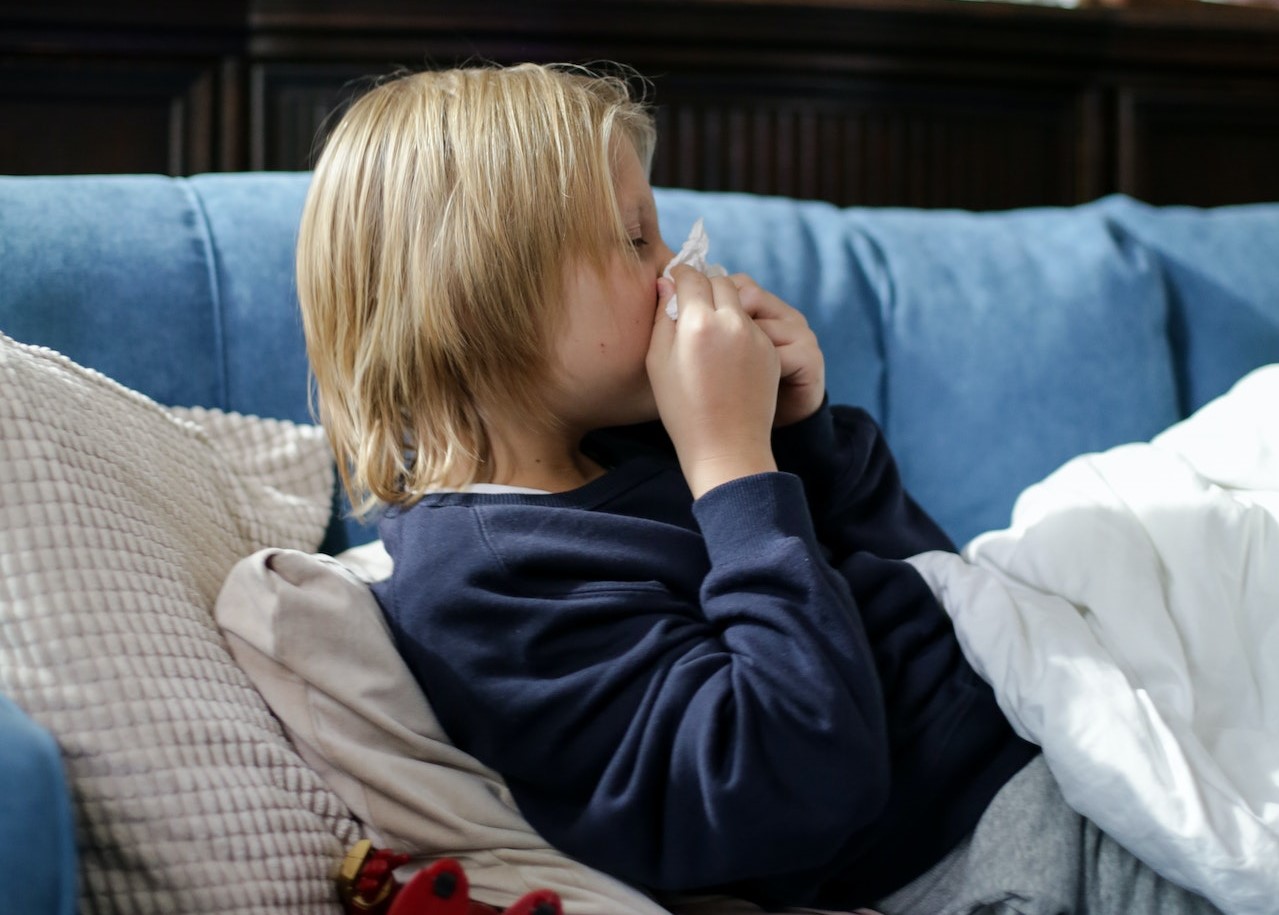10 Most Common Illnesses in Children
The 10 Most Common Illnesses in Children
As a parent, your children’s health should be one of your top priorities. It’s important that you keep yourself up-to-date with the latest treatment information and guidelines to make sure that you’re giving your children high-quality care in case they develop common illnesses.
Since your child needs to receive the appropriate treatment for a speedy recovery, don’t hesitate to talk to your child’s pediatrician and ask questions, should you have any.
Below you’ll see 10 of the most common illnesses experienced by kids, along with their respective recommended treatments as approved by the American Academy of Pediatrics (AAP). Although the treatments are based on best practices and scientific findings, you have to know that your pediatrician might have different recommendations for your child depending on the case at hand. If your son or daughter is suffering from allergy or any other condition not mentioned here, your pediatrician may discuss additional treatment options with you.
1. Common Cold
Children, especially the young ones, can get six to eight colds a year. Caused by a virus in the upper respiratory tract, colds are characterized by symptoms such as cough, runny nose, and congestion. The illness normally lasts for up to 10 days.
Treatment:
Unless a sinus infection is suspected, the pediatrician will not prescribe antibiotics. Even if green mucus is present, medication still won’t be necessary. Before deciding if your child needs antibiotics, the pediatrician will perform a physical exam on your child first.
2. Sore Throat
Although having a sore throat is very common among toddlers and kids, it doesn’t require any specific medication. Typically, sore throats caused by virus subside in 7 to 10 days.
However, a sore throat resulting from an infection will need to be examined and treated. Known as streptococcal (or strep), this form of sore throat is more complicated, and it cannot be diagnosed by just simply looking at the throat. Doctors will perform either an in-office rapid strep test or a lab test to identify whether the child is indeed suffering from an infection.
Streptococcal is more common in older children. Toddlers and babies are only vulnerable to the bacteria if they’re in childcare or if their older sibling has it. The illness can also be acquired by coming into contact with an object that has been touched by an infected child.
Treatment:
Children tested positive for strep will be prescribed with antibiotics. In the event that your child has the illness, make sure that they take the medication for the full course, even if the symptoms seem to have disappeared.
3. Cough
Since coughs are normally caused by viruses, there’s no need for children to take antibiotics. Despite being a common childhood illness, coughing is far from being a serious condition.
Treatment:
If your child is 4 years old or younger, do not give them any cough medicine. Even over-the-counter medication labeled for children can possibly bring about severe side effects. Home remedies actually work well in treating coughs, and you can learn about them here.
4. Pain
Pain is a normal reaction that people of all ages experience. Whether it’s pain in the stomach, leg, or ear, it’s just something we can’t avoid. Fortunately, like all the other common childhood illnesses, pain is only minor and short-term.
Treatment:
Expect your pediatrician to prescribe ibuprofen or acetaminophen, both of which are considered as the best medicines to ease pain. The amount of medication will vary, depending on your child’s weight.
If your child is suffering from injury, sprains, or sore throat, don’t give them narcotic pain medications. Never use codeine to treat your child’s pain, as it has been known to cause serious respiratory problems and worse, death.
5. Urinary Tract Infection
Also known as UTI or bladder infection, this disease is not uncommon in children, teens, and adults alike. UTI is caused by a bacteria buildup in one’s urinary tract. Symptoms usually include the frequent need to urinate, pain or burning sensation when urinating, abdominal pain, back or side pain, and accidents or bedwetting by a child despite already knowing how to use the toilet properly.
Treatment:
Before identifying the best treatment for your child, your pediatrician will require you to take your child for a urine analysis. The medication will be based on the type of bacteria found.
6. Bacterial Sinusitis
Caused by bacteria forming in the sinuses, this illness is known for symptoms similar to those of a common cold. The only difference is that such symptoms persist without any improvement for more than 10 days. These include daytime cough, nasal discharge, or both.
Treatment:
If the sinusitis is characterized by fever and thick yellow nasal discharge for at least three or four consecutive days, your child will most likely need to take antibiotics.
7. Bronchitis
Bronchitis occurs when there is an inflammation of the bronchi in the lungs. For children, acute bronchitis is normally caused by a virus, which can develop in the mouth, throat, or nose.
Treatment:
In most cases, antibiotics are not required to treat bronchitis since the disease comes from a viral infection. Pediatricians may prescribe cough medicine—but only to children over four years old. If your kid is younger than four, your pediatrician will likely recommend plenty of rest and more fluid intake.
8. Bronchiolitis
The cold or flu season usually brings bronchiolitis to toddlers and infants. This illness makes it difficult for children to breathe and tends to cause dehydration. A wheezing sound when breathing is a common indicator of bronchiolitis, which can only be confirmed by a doctor.
Treatment:
An illness caused by a virus, bronchiolitis does not require the use of antibiotics. Pediatricians usually recommend parents to carefully monitor their children’s breathing and eating habits. Home treatment commonly includes saline nose drops and making sure that the child remains hydrated.
Infants and young children with the disease are not allowed to take medicines intended for asthma. Those who have underlying medical conditions or were born prematurely might have different treatment plans.
9. Ear Pain
Among the common types of ear pain in children include otitis media (ear infection), swimmer’s ear (infection of the ear canal’s skin), one that is caused by the pressure from a cold or sinus infection, or one that is related to tooth pain. Your pediatrician will determine what type of ear pain your child has by examining their ear. For an accurate diagnosis, an in-office examination is usually recommended.
Treatment:
If the ear pain involves both ears or is accompanied by a high fever or other signs of illness, antibiotics could be the best treatment option. Infection in the middle ear typically requires amoxicillin. If your child is suffering from a mild ear infection, your pediatrician will likely discuss other options besides medication to reduce the pain.
10. Skin Infection
Whether it’s a rash, bump, or ringworm, your child may encounter skin infection at some point. There’s no need to panic about it though as these infections are easily treatable.
Treatment:
To determine the most appropriate treatment, your pediatrician will perform a skin test on your child. It’s important that you tell the doctor if your child has a history of staph or MRSA infection or any other form of resistant bacteria.
Help Ailing Kids Get Treatment Today
Hundreds of thousands of children in the United States are in need of medical assistance. By donating to us a vehicle you no longer need, you give these boys and girls an opportunity to be treated and regain their good health. Together with Kids Car Donations, you can make a significant impact on their young lives.
Any vehicle you donate will become a vital tool to support struggling children. Once we auction off your donated vehicle, we will use the proceeds to support the programs of our nonprofit partners that are dedicated to providing direct assistance to needy children.
In return, you’ll get the opportunity to receive a hefty tax deduction as one of your rewards. You also get to dispose of an unwanted automobile quickly, conveniently, and without costing you a single dime since we’ll provide you with free pickup and towing services.
For more information about our car donation program, check out our FAQs page. For inquiries, you may call us at 866-634-8395 or send us a message online.
You can make your car donation by filling out our secure online donation form or calling us directly. We accept almost all types of vehicles regardless of their age or condition. We also accept vehicle donations anywhere in the United States since we have vehicle donation programs in all 50 states.
Help Save Young Lives with Your Car Donation!

Knowing what to do in case your child develops any of the 10 most common illnesses in children will surely be of great help in comforting your child and yourself as well. Donating a vehicle to us at Kids Car Donations, on the other hand, will greatly benefit those children from needy families in your community who are facing life-threatening or serious illness. Call us at 866-634-8395 and help save their lives now with your car donation!


